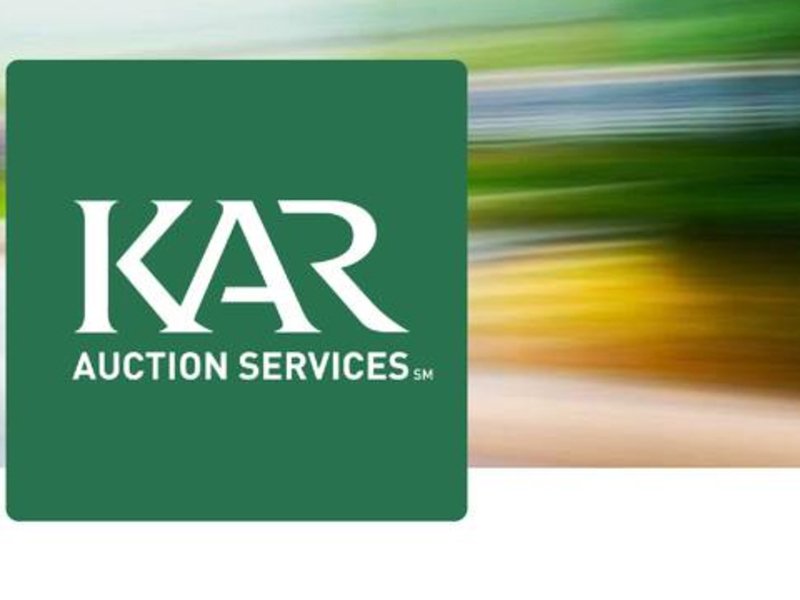
CEO Jim Hallett had braced for the second quarter to be far worse. “We started the quarter with all of our businesses shut down,” Hallett said in an earnings call Wednesday.
KAR Global reported a net loss of $32.3 million for the second quarter, vs. a net income of $27.4 million in the year-earlier period, on revenue that fell 42 percent to $419 million. Its adjusted earnings before taxes and depreciation fell 41 percent to $80 million.
The company’s business was brought to a halt March 20, when it suspended all auction sales in North America because of the coronavirus pandemic. It began doing simulcast-only sales in select markets April 6.
Its auction volume was minimal at the beginning of April, and the company prepared for a gradual recovery over the rest of the year.
“What actually happened was volumes picked up week over week, consistently, beginning in mid-April,” Hallett said.
Business further rebounded in May, and the company was able to generate an operating profit for that month. The trend continued in June, with vehicles sold up 8 percent over June 2019. Also in June, the company issued and sold 550,000 shares of newly issued perpetual convertible preferred stock to raise $528.2 million.
But KAR is a different company now from when it began the second quarter, and it will likely remain permanently altered.
As of Wednesday, the company’s ADESA auction unit was still selling its vehicles digitally, with no cars or trucks running through auction lanes. At some locations, bidders are allowed to physically be in lanes, and at many sites, ADESA is allowing dealers to preview vehicles on the lot.
Meanwhile, only about 5,000 of the 11,000 employees KAR furloughed in April have been called back to work. Hallett said that about 3,000 positions, both full and part time, have been permanently cut. Another some 2,000 furloughed employees will likely either be called back or let go by October.
The company received about $7.9 million in employee retention credits under the Coronavirus Aid, Relief and Economic Security Act during the period, as well as about $9.7 million from the Canada Emergency Wage Subsidy. These credits partially offset salary and medical costs, the company said.
During the second quarter, Hallett, CFO Eric Loughmiller and President Peter Kelly elected to forgo 100 percent of their salaries, and the rest of the company’s executive officers voluntarily reduced their base salaries by half. Salaries were reduced across many other levels of the organization in the quarter.
That’s in addition to nonbusiness travel being prohibited and capital projects being delayed or canceled, among other cost-cutting moves.
Shares in KAR Global rose 2.9 percent to $16.32 in morning trading on Wall Street.
“The bottom line is we have adjusted our cost structure to be much more lean,” Hallett said. He added, “While COVID-19 provided an unfortunate catalyst to make this change in a very compressed time frame, our changes are consistent with current strategic objectives” that the company laid out to investors at the beginning of the year.